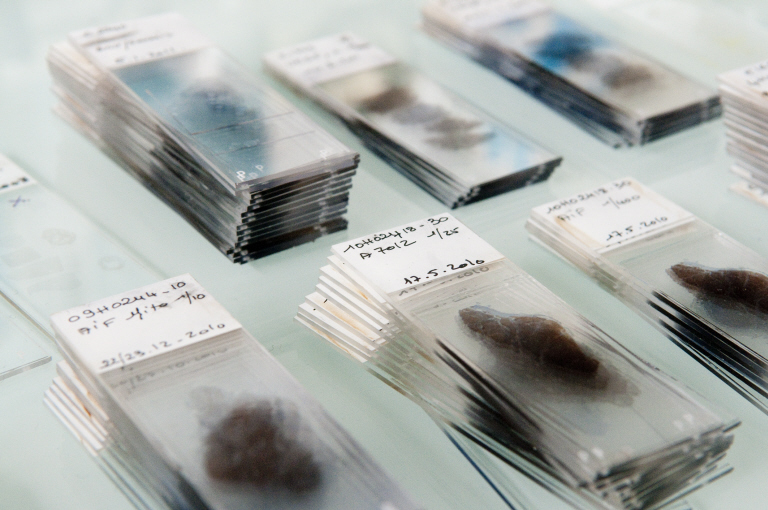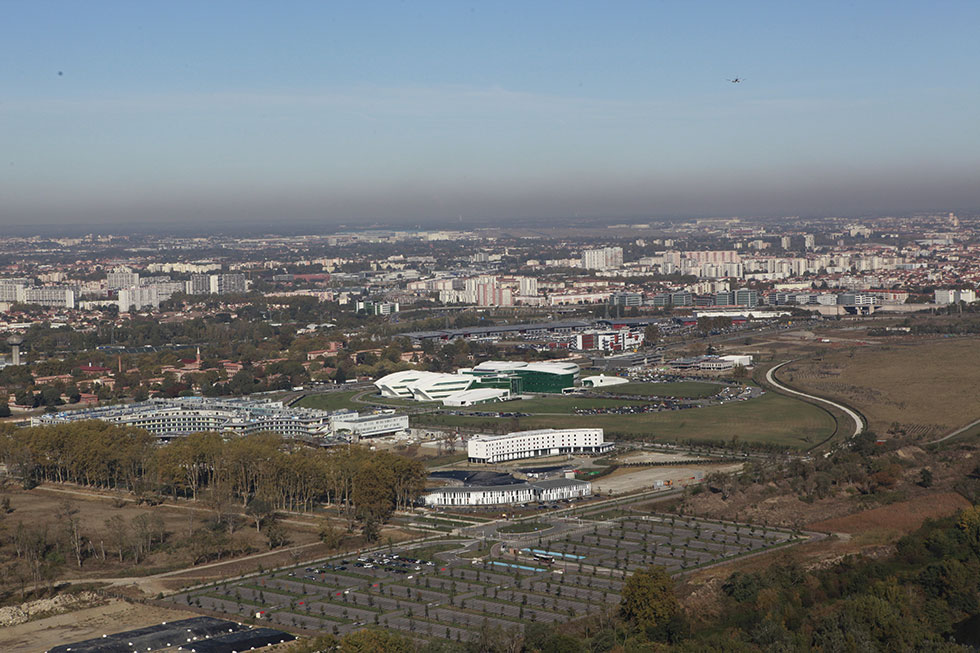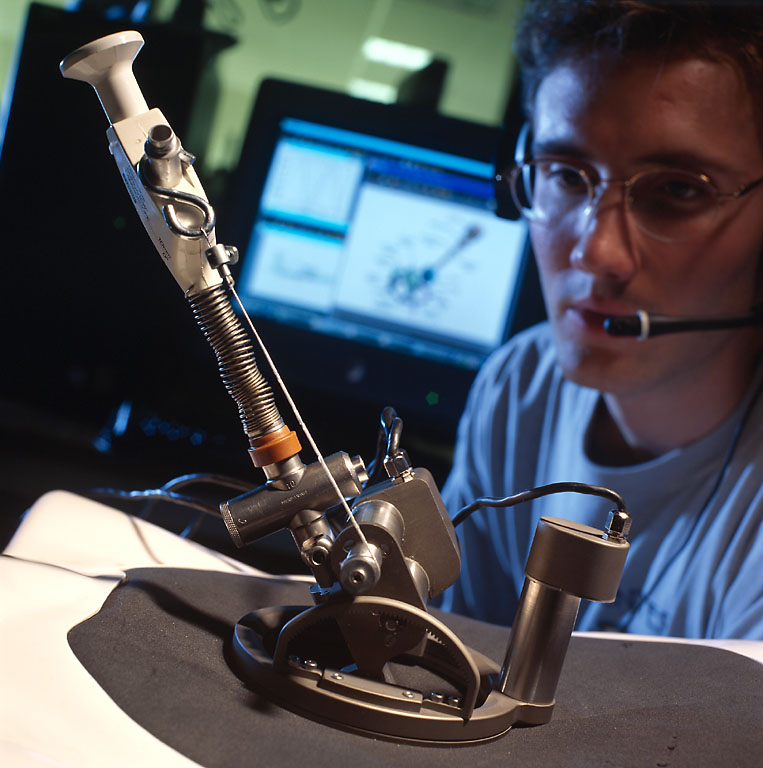Translational research
FROM DISCOVERY TO THERAPEUTIC APPLICATION
To enable the link between basic research and application at the bedside, we must develop translational research (or transfer), which places the patient at the center of the research process. It transforms scientific discoveries arising from laboratory, clinical or epidemiological studies, into clinical applications.
Objectives
Reduce the incidence, morbidity and mortality of cancer. Translational research requires a lot of cooperation between researchers and clinicians. It must therefore be able to translate, as quickly as possible, discoveries into tangible benefits for patients while considering their quality of life. The presence on the Oncopole site of a health facility which is backed by a research institution will optimize these interdisciplinary relationships and meet current medical and scientific issues.
IUCT Oncopole - CRCT, shared research axes.
The IUCT-Oncopole physicians, both clinicians and researchers for many of them, share with teams from the Toulouse Research Centre on Cancer 4 strategic areas of research:
- The hematology oncology: survey of cancer pathologies but also hematological disorders including anemia, clotting problems and hematological cancers
- Gynecology and breast imaging : women genitals Science and diseases of their own. Senology is the specialty related to breast affections
- Melanomas: skin cancer
- Digestive cancers
Roundtrips between basic research and clinical observation for a more rapid therapeutic transfer to the patient are favored by the geographical proximity of the two institutions.
Personalization of care: a major focus of therapeutic innovation
Personalized healthcare has a bright future. We now know that each tumor lesion has its own biological characteristics. The aim of the research is to provide, for each patient, a specific therapeutic response, depending on the genomic profile of the tumor, and targeted to isolate the effects of therapies to tumors only. In this same vein, the detection of predisposition, the implementation of appropriate preventive strategies and understanding of treatment resistance is to be developed. The first results are there, much work remains to be done.
Another future issue on which the Oncopole is actively positioned: reducing inequalities in cancer. This requires identifying the socio-cultural and economic factors that influence the effectiveness of prevention, access to early diagnosis, access to quality healthcare and survival of patients.
The presence on the site Oncopole a healthcare facility, a center for research and pharmaceutical companies encourage and promote interdisciplinarity, multidisciplinarity and collaboration. Objective: To accelerate the transfer of research into new diagnostic and therapeutic applications.
Between hypothesis and validation therapy: clinical research
The Clinical Research Unit, located within the IUCT-Oncopole, pools the expertise, human resources, technical and methodological of Toulouse CHU and Claudius Regaud Institute. Clinical research is the assurance of conducting research, diagnosis and therapeutic progress further and faster with the patient. Directed by an oncologist, its primary mission is the development of clinical trials to validate the safety and efficacy of new treatments. IUCT-Oncopole is one of the few French institutions authorized to perform "early" tests, with the inclusion of a small number of patients.
Testimony

« The research that I do, in a nutshell, is based on observations from my medical practice »
Elisabeth Moyal, Oncologist, radiotherapist



